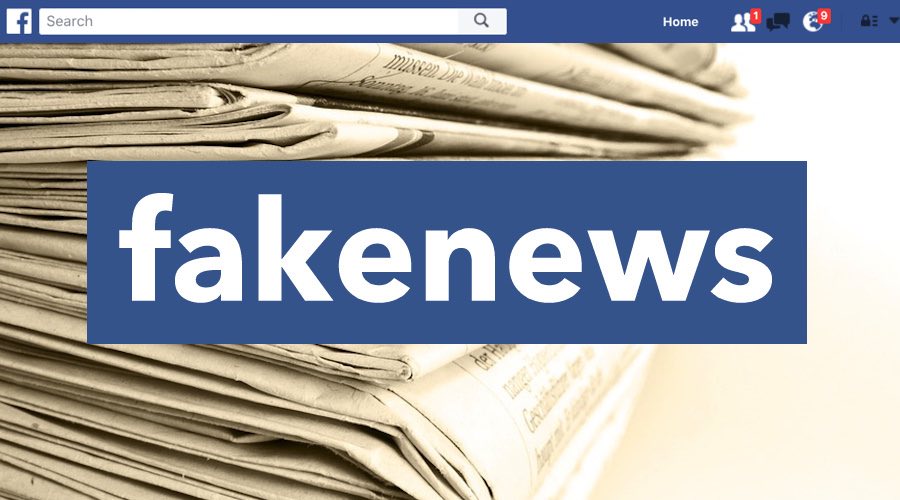I believe that after the most recent election that trust in the media has gone down, especially on sites such as Facebook and Twitter. There are numerous articles on Facebook, due to the election, that are misleading by spreading misinformation and propaganda about candidates. These misleading articles produced far more attention to its audience than ordinary, reliable, sources did. People tend to share and read stories on their Facebook that appeal to their emotions and beliefs. Individuals with a preconceived bias are more likely to share the lies that are fed to them by Facebook news and influence other peoples opinions. Many individuals do not understand that the post is from an inaccurate source. For example, because of Facebooks increasingly dominant role in the news, individuals such as my grandma/the older population, do not fully comprehend that not everything they read is true. She comes to me about insane stories all the time and I have to explain to her why and how it is not true. Because of mass media increasing in todays society, individuals need to be aware that anyone can write an article so that they can potentially influence a variety of people to believe the way they also believe.
I do not have much trust in mainstream media, such as buzzfeed and or even some articles from CNN. I generally follow and trust BBC and The Economist when it comes to what is actually happening in the World. Conservative and leaning news outlets are the ones that I tend to trust less and have skepticism towards. Also, the way that the President of the United States uses social media highly effects citizens. By either making them feel uncomfortable and undermined or empowered and enlightened. It impacts the way in which people view themselves and others. Donald Trumps social media account on twitter is a modern example of how social media that is used by presidents can be a negative thing. There are many upsides to social media; however, the misleading information that Trump tends to spread, such that “Twitter, google, and Facebook are burying the FBI criminal investigation of Clinton,” is a false announcements that is trying to get a rise out of people and sway the way they view someone else.
If I am ever to share anything on Facebook that I think is reliable, I try to make sure to triple check it before I spread it to my friends.





